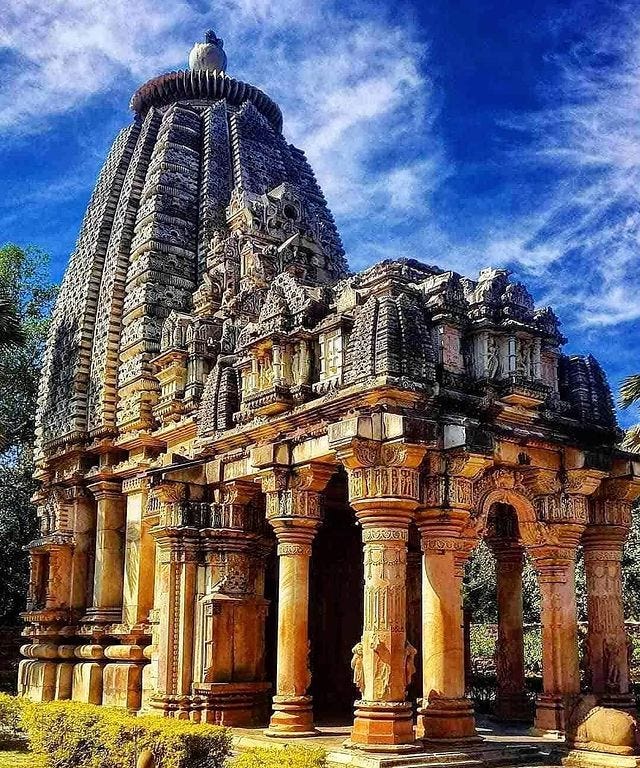Welcome to Eternal Path Musings, a weekly newsletter for the modern and curious Hindu, featuring highlights around: religious texts, practice, history, politics, people, and ways to better our engagement and personal progress.
This issue features: New Media Highlights, Indo-Greek Kingdoms, and an aesthetic
To read previous issues, click this link.
Forward widely and have your friends, family, and congregants sign up here!
New Media Highlights
Make sure to engage with these to broaden your learning and seva during these times.
Hindu Media Wiki - A new project looking for contributors, and focused on being a discussion board/resource for Hinduism related questions.
Kurukshetra Podcast (Spotify) - A new podcast from Rajiv Malhotra from the Infinity Foundation centered on Hinduism, Indian History, and its intersection with the Western world (ITunes, Stitcher links)
New Twitter Account - focused on Hindu history and religion from a traditionalist lens
History Highlight: Indo-Greek Kingdoms and Contact
Alexander the Great invaded India between 325-323 BCE, winning a number of ultimately Pyrrhic victories shortly before his death. Greek’s began to rule over much of West and Central Asia, and over parts of the subcontinent. The Mauryan dynasty emerged in the Gangetic plains in the wake of the Greek invasion, and Greek influence is seen on King Ashoka’s edicts (IndiaFacts has a good series here). One of his edicts was placed in Kandahar, where the content was written in Greek and Aramaic, and many of his Buddhist missionaries were known to be Greco-Buddhists. Interestingly the word dharma was translated as eusebeia in Greek (meaning “piety”). In under 100 years, Greek went from a foreign language to one used by Kings from the Gangetic heartland!
A number of successor Greek Kingdoms emerged after the death of Alexander. Bactria (a region encompassing current day Southern Uzbekistan, Northern Afghanistan, and Western Tajikistan) hosted the Greco-Bactrian Kingdom, of which Demetrius I (222-180 BCE) was the first notable ruler. He conquered Gandhara and ruled from Taxila in the wake of the destruction of the Maurya empire by Pushyamitra Sunga. He appears to have been part of the thriving Greco-Buddhist tradition and also minted coins with the Goddess Lakshmi on them.
Heliodorus, who we featured in Issue 2, was an ambassador of one of the Indo-Greek Kingdoms who later converted to Vaishnavite Hinduism and erected the Heliodorus pillar. Most of these Kingdoms lasted until about 100 CE, falling to repeated invasions from Scythians and Huns, with the Kushana empire largely emerging as the major power in Indo-Greek territories soon after.
